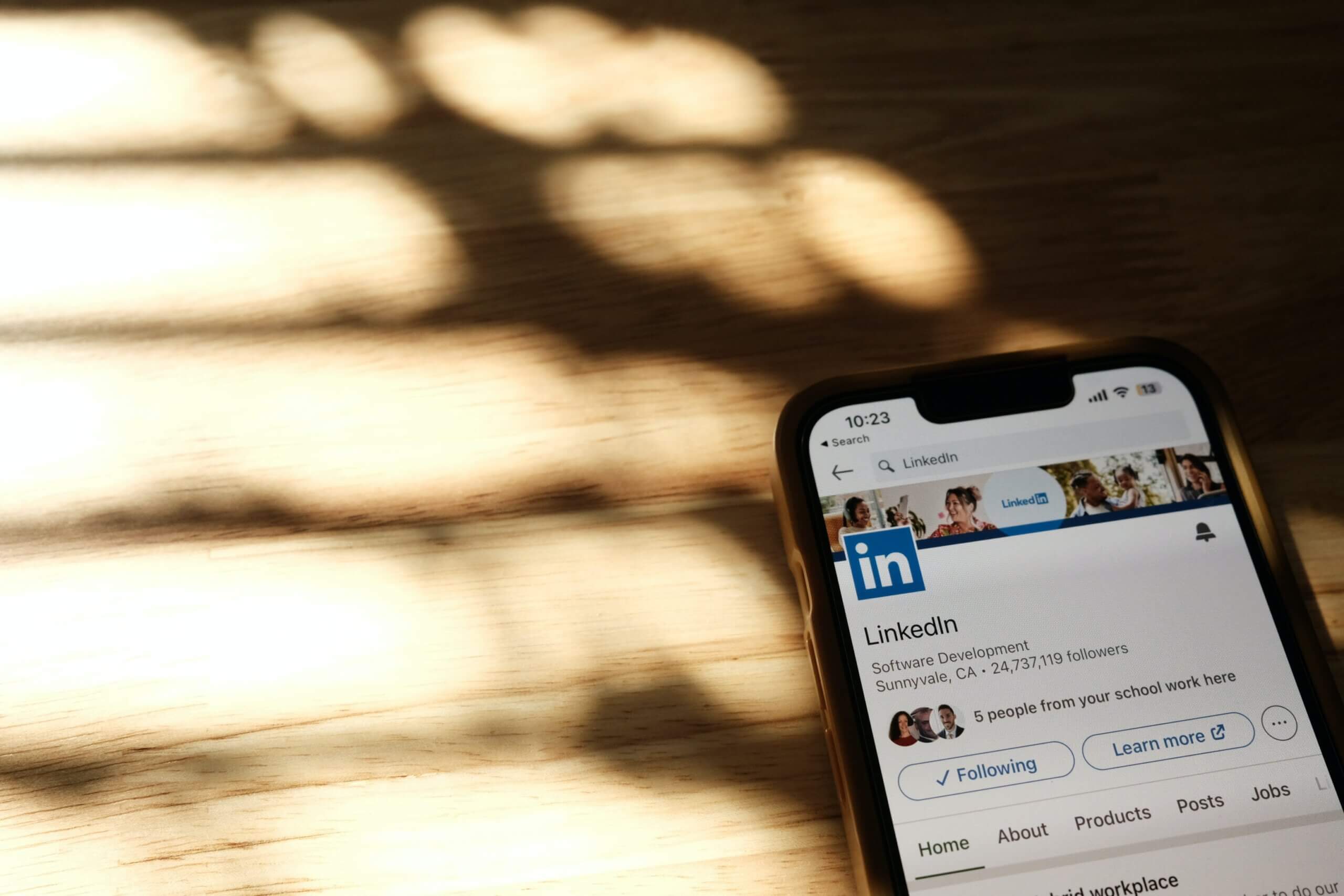PR campaigns can offer a lot for your business growth.
You name it — shaping public opinion, increasing brand visibility and partnership opportunities, strengthening stakeholders’ trust, and many more. But PR should be done properly from every side, and legal is one of them. There are quite a few legal aspects that govern communication practices, and businesses should follow them. Ensuring legal compliance in PR is not only crucial for your reputation but also will protect you from costly litigation or regulatory penalties.
How PR Campaigns Impact Business Development
Effective PR campaigns build credibility, attract investment, and open up partnership opportunities. Public relation help your business to consistently appear in favorable news stories or social media coverage, giving your brand traction and a positive image. Also, such campaigns help businesses maintain thought leadership, especially in competitive sectors like technology, healthcare, or finance.
PR is in every part of your business operation. Well, ideally, it should be. It can support product launches, manage crisis situations, and amplify corporate social responsibility initiatives. Each of these applications, when executed properly, can greatly strengthen your company’s position in the market.
Different Types Of PR Campaigns
Businesses use various types of PR campaigns depending on their goals, industry, audience, current market situation, etc. Some focus mostly on visibility, others concentrate on trust or damage control. With a good understanding of these categories, your company can use up its available resources wisely and focus on the messaging that is needed for your public image and objectives.
- Media relations campaigns focus on building relationships with journalists and distributing press releases to secure earned media placements in popular and highly respected outlets. If you’re a tech company, you can use this opportunity by preparing a press release about a new feature update and sending it to major industry publications.
- Product launch campaigns aim to introduce new services or goods to the public. They can be structured in a unique way depending on the product or service presented, but usually, companies involve press events, influencer partnerships, and product briefings.
- Crisis management campaigns are designed to restore public trust during or after reputational damage. It is quite a hard campaign to handle, because companies need to make sure they’re in control of the narrative, while also presenting the proof why people should trust them. Transparency is the main goal and marker for such campaigns, and the instrument for sharing information could be interviews or public statements.
- Thought leadership campaigns can be used for executives or industry experts to share their expertise and make their views on things more popular and common. It can be done through content like guest articles, interviews, webinars, and keynote appearances.
- Community relations campaigns focus on connecting with local communities. Typically, the best tools for this are sponsorships, volunteering initiatives, or local media stories. For example, a construction company can organize a local clean-up meeting and, with this, gain local news coverage.
Legal Documentation For PR: What To Consider?
In PR campaigns, documentation plays a central role, and not only for legal clarity. If you want your operations to be effective, it’s much easier to do so with well-structured paperwork. And after the campaign has ended, documentation will help you notice the mistakes quickly and adapt strategies for the next round.
There are a few categories of documents that require attention. It may seem quite a lot, considering that businesses don’t just run PR campaigns 24/7. But thanks to modern digital tools, managing them remotely and securely is totally possible. And maybe it will even be more convenient to you than using actual papers. Cloud-based platforms, e-signature tools, and template libraries that offer services like FormsPal — all will simplify the process and ensure compliance.
Documents for employees
There can be dozens of people involved with a PR campaign: staff, freelancers, influencers, contractors, and third-party vendors. And your business should properly arrange agreements for all. These can be service agreements, NDAs, or marketing authorization forms. Documentation must clearly outline duties, ownership of content, confidentiality obligations, payment terms, and media usage rights.
Documents for campaign compliance
Campaign content should meet legal standards at every stage. For that, it’s best to have templates for media consent releases and interview release forms. Apart from these documents, your company might need third-party quote approvals and detailed review logs. Licenses fall into this category, too. If your campaign includes licensed music, imagery, or footage, you have to make sure to secure and digitally archive the appropriate rights and licenses.
Documents for reporting
Think about it beforehand and have fewer headaches afterwards. Budgets, invoices, receipts, event costs, contractor payments — detailed documentation will not only help to support internal accountability but also will protect your company during audits or compliance reviews. Many businesses also integrate project management software with accounting platforms to automatically tag expenses and keep backups. It’s also best to ensure that access to this documentation is role-based, with finance teams responsible for entry and review, and the legal department tasked with archival oversight.
Running Legally Compliant PR Campaigns: Main Steps
1. Preparing all necessary documentation for collaboration
Before a campaign begins, your company must confirm that all of your collaborators operate under legally binding agreements. For instance, employees working on PR tasks should have clauses in their contracts covering confidentiality, IP ownership, and media communications.
If your company is hiring freelancers, models, or influencers, then agreements with them should also specify usage rights, scope of services, and payment terms. Update all the necessary contracts in time to avoid ambiguity and provide legal protection if any disputes arise. Furthermore, you should always collect signed consent forms when filming, photographing, or quoting individuals. Again, in case of any potential disputes.
2. Reviewing the campaign content
Legal compliance relies heavily on the accuracy of public statements. Check every claim, testimonial, and fact. Does it reflect verified truth? Can it mislead someone? Unsubstantiated statements may similarly breach consumer protection laws or trigger libel actions. Businesses should also avoid endorsements that violate FTC disclosure rules.
It’s best to have a practice of letting the legal team examine all written and visual materials before publication. This review process must also consider differences between jurisdictions, especially when campaigns run internationally. Each country might have unique advertising regulations, language restrictions, and disclosure norms. So, sometimes it may be necessary to prepare localized content versions and work with legal experts well aware of the specific local legal requirements.
3. Saving financial records
Tracking financial activities related to PR campaigns will help guarantee fiscal transparency. Therefore, you should keep detailed records of PR-related expenses, including advertising payments, agency retainers, event costs, compensation to contractors or spokespeople, etc. These records not only support accounting processes but also serve as evidence in regulatory reviews.
Always be ready for external or your own marketing audits. For this, your company can work out a centralized system for storing and categorizing PR financial data. Ideally, this system should integrate with accounting and project management software and support tagging of documents by campaign or cost type. Cloud platforms with search and filter features also make it easier to retrieve specific records and maintain real-time accuracy.
4. Creating comprehensive reports in the end
After the campaign is finished, it’s time to compose a formal report. In it, you can include published content, reach metrics, public engagement, and any third-party interactions. These reports are not just for beautiful visualization. They help evaluate ROI and legal performance, and will also be a great help in future campaign planning, since they highlight best practices and flag issues to avoid. The report’s length will depend on the campaign scale. It will also decide if one project manager can do the job, or several department heads should collaborate on this report.
Conclusion
PR campaigns play a crucial role in shaping your business as a unique and stand-alone brand and driving your growth. The legal side of the process should never be ignored, though. You should pay attention to preparing all needed contracts, as well as make sure your messaging is truthful and isn’t misleading. Every detail matters. With this, you can ensure that your PR campaigns are not only effective but also legally sound.





